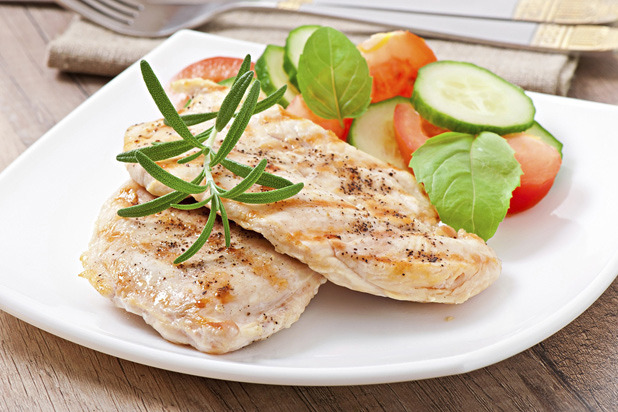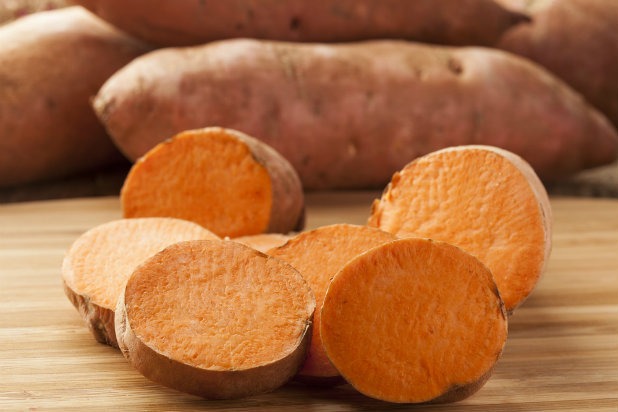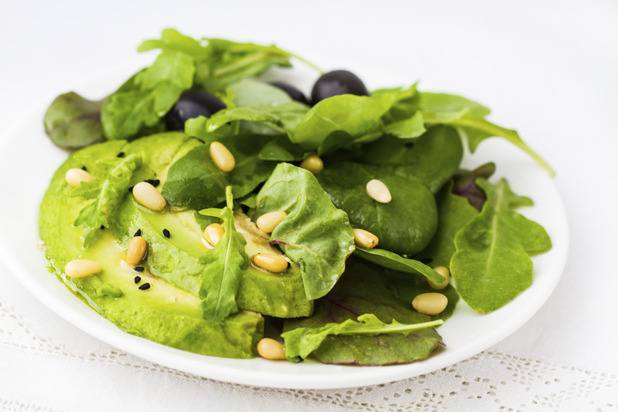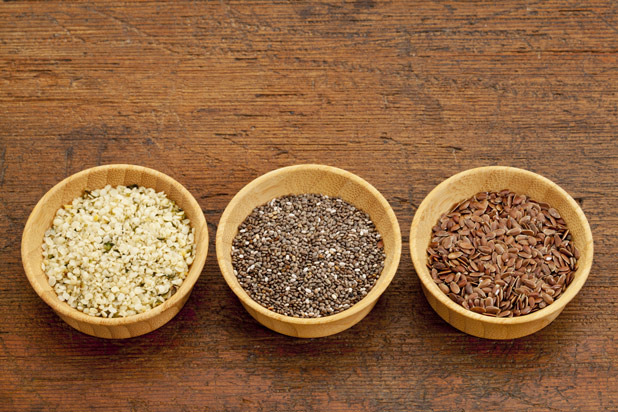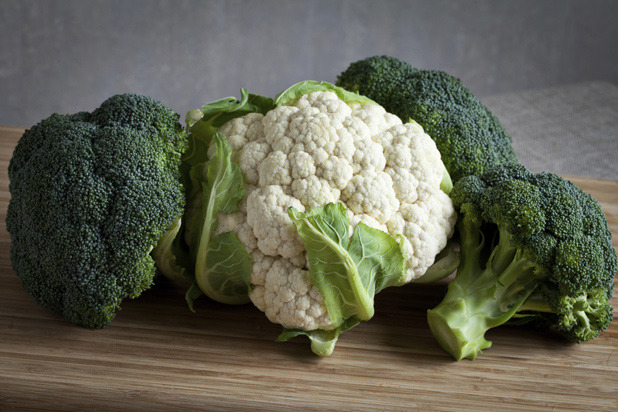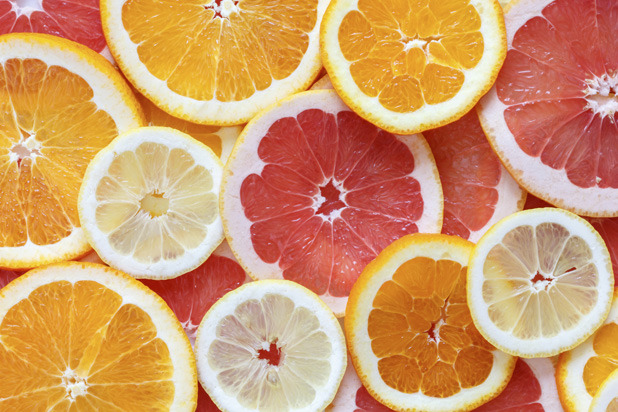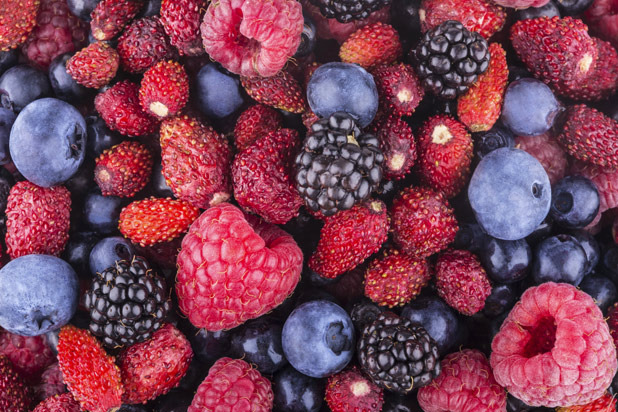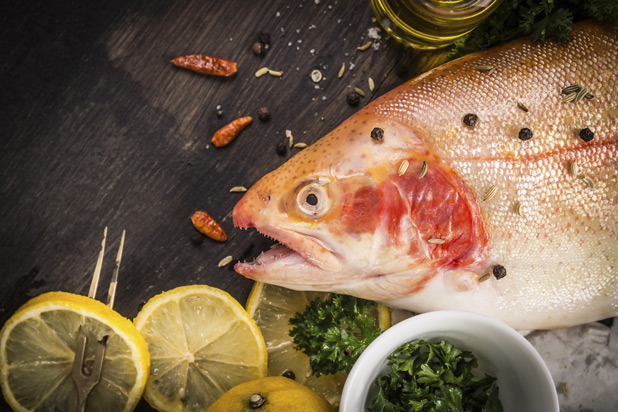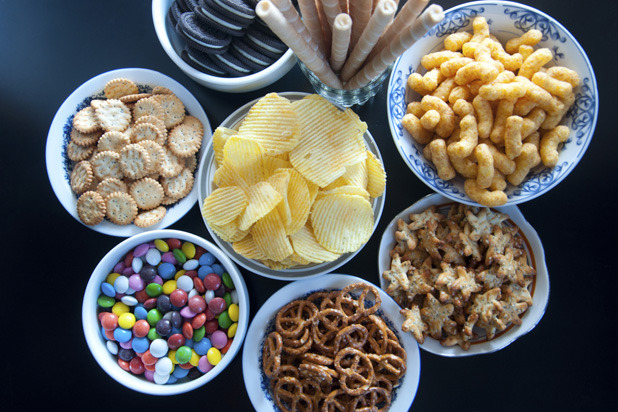What You Should And Shouldn't Eat While Nursing
Breastfeeding is known for its health benefits for both moms and babies. According to the American Academy of Pediatrics, breastfeeding helps mothers recover quickly from childbirth, may prevent Type 2 diabetes and cardiovascular disease in mothers, and may reduce risk of them developing breast and ovarian cancer later in life.
Benefits for babies include a strengthened immune system to defend against ear infections, pneumonia, urinary tract infections, and other illnesses.
Since breastfeeding is so important, moms need to make sure they're living a healthy lifestyle and eating nutritious foods for themselves and their babies while they're doing it.
Eat: Lean Protein
Choose lean proteins like beans, chicken, and turkey, which fill you up and give your body lots of good nutrients like iron.
Eat: A Mix of Carbohydrates
"Complex carbohydrates like oats and sweet potatoes and fruits and vegetables not only offer more nutrition than processed starches and sugars; they provide longer-lasting energy," says Gilbert, who recommends choosing a variety of foods so your body get an array of vitamins.
Eat: Healthy Fats
Some fats are good for you. Gilbert recommends eating foods with mono- and polyunsaturated fats, such as olive oil, avocados, olives, nuts, and seeds.
Eat: Omega-3 Fatty Acids
Load up on foods rich in omega-3 fatty acids, including flax, chia, and hemp seeds. This will add to the nutritious calories needed in your diet.
Eat: Vegetables
Snack on cruciferous vegetables like broccoli, cauliflower, and kale. Hatch says these types of vegetables provide an "amazing array of vitamins and minerals and ability to help our bodies detox daily."
Eat: Vitamins
Just because the pregnancy is over doesn't mean your body doesn't need a variety of extra nutrients. Hatch recommends nursing mothers eat well and continue taking prenatal vitamins, plus an EPA/DHA supplement.
Eat: Berries
Choose well-washed berries like blueberries and strawberries since they're a great source of fiber and antioxidants.
Avoid: Fish
"Fish with mercury can negatively affect the baby's neurologic development, so eat with caution," says Gilbert. Stay away from fish that has a high risk of containing mercury, like tuna. If you do eat it, limit your servings to two a week. Hatch recommends low-mercury fish, such as salmon, herring, and trout, which provide the body with protein, iron, and iodine.
Avoid: Alcohol
A glass of wine or two can be a healthy way to relax for most adults, but booze is a nursing no-no. "Alcohol can be passed from mom to baby in breast milk and affect neurologic development," says Gilbert. "One drink or less per day is generally accepted as being 'safe.'" If you do drink alcohol, Hatch recommends abstaining from nursing for the next two to three hours.
Avoid: Processed and Junk Foods
Sure, those chocolate chip cookies are tempting, but are they really a good choice for you or your baby? Limit breads, crackers, and pasta, and choose whole-grain versions when you do eat them. Try to eat fresh foods that aren't loaded with extra calories, extra fat, or lots of preservatives.

